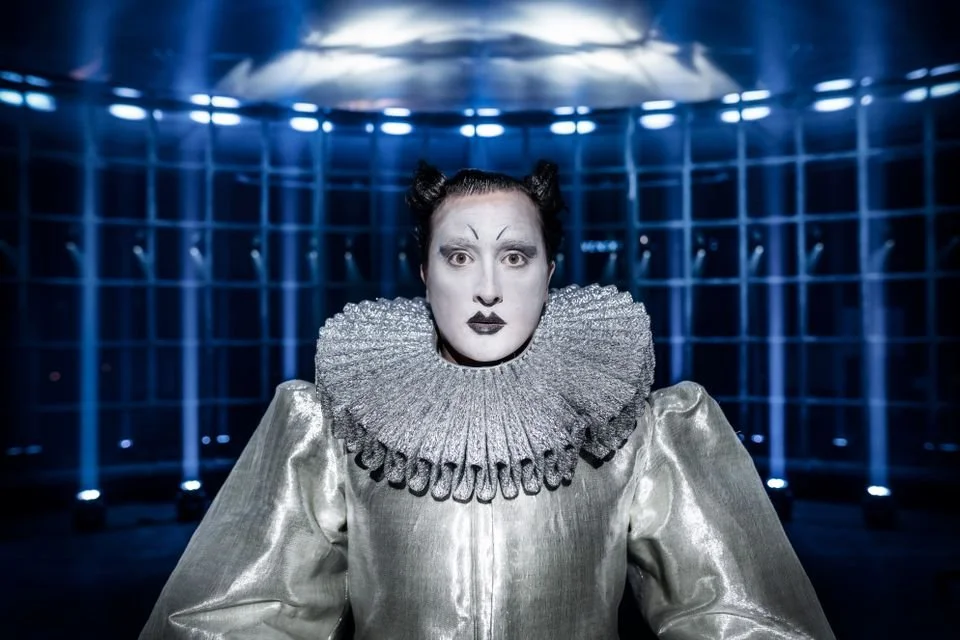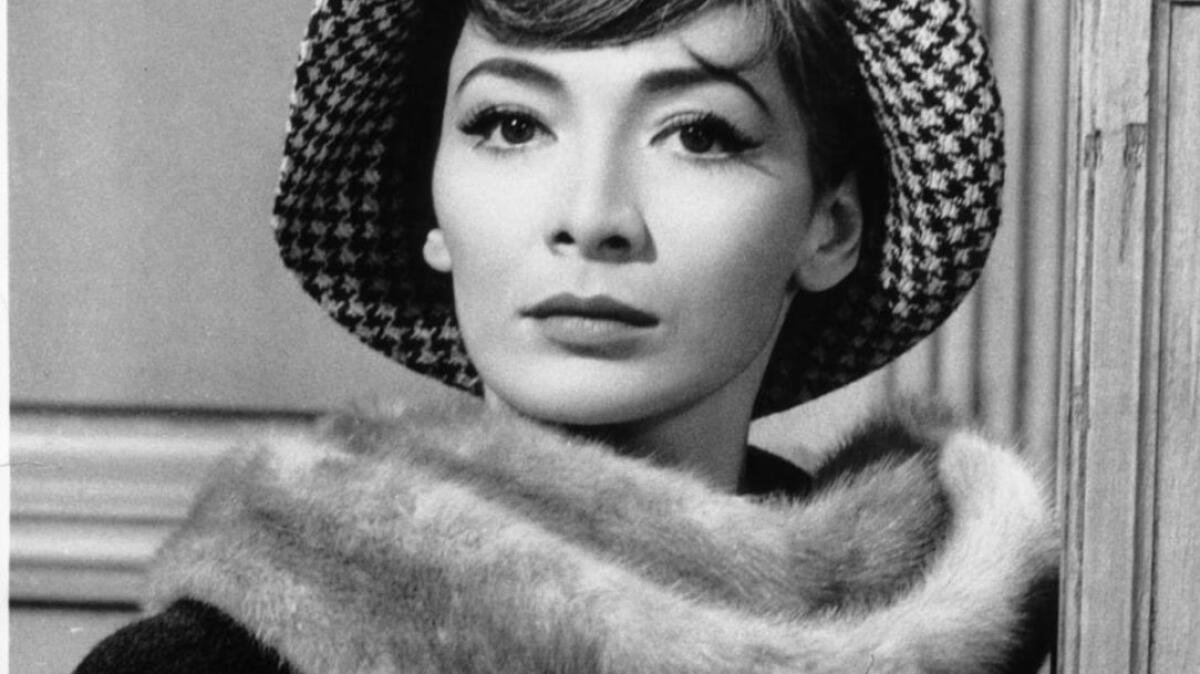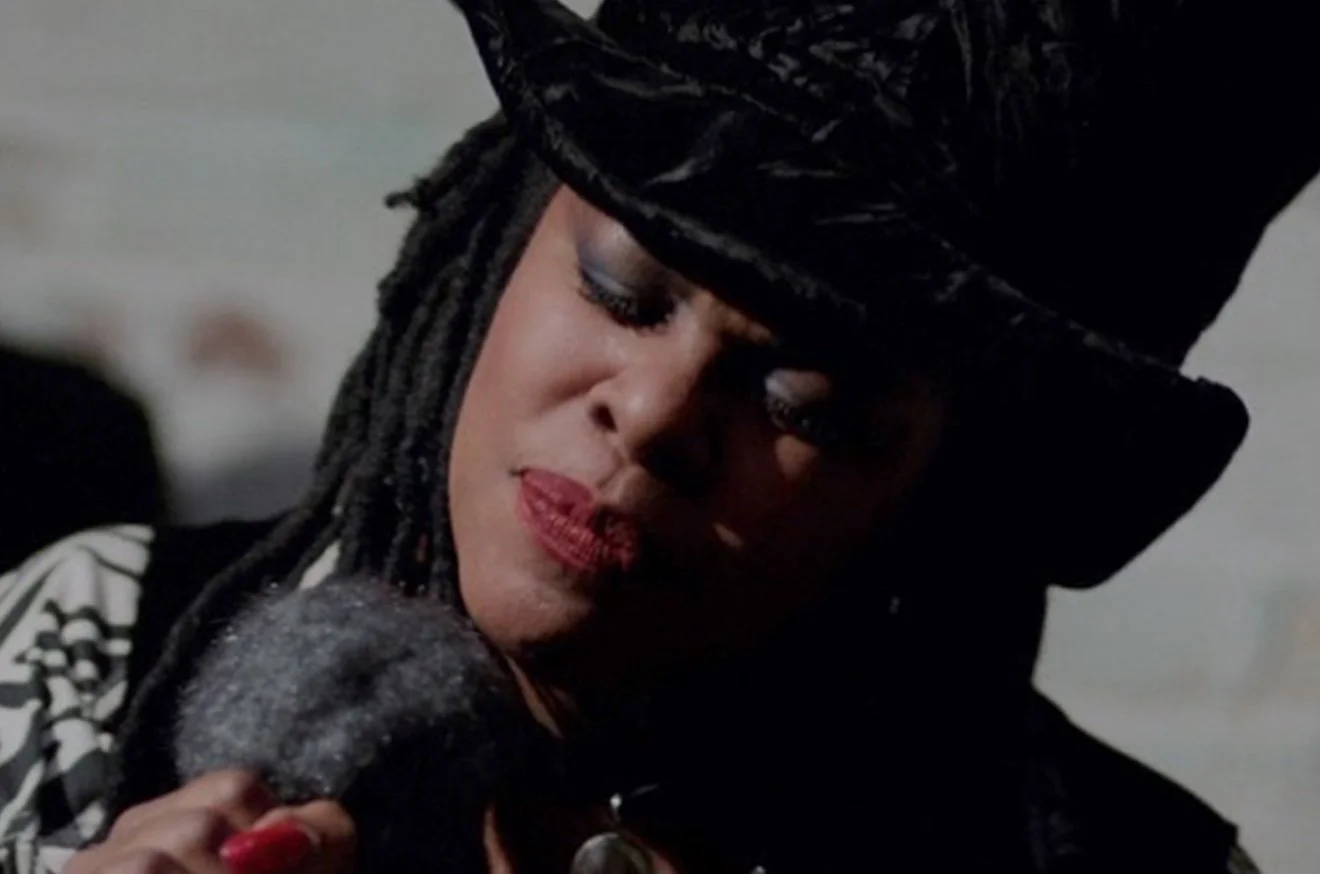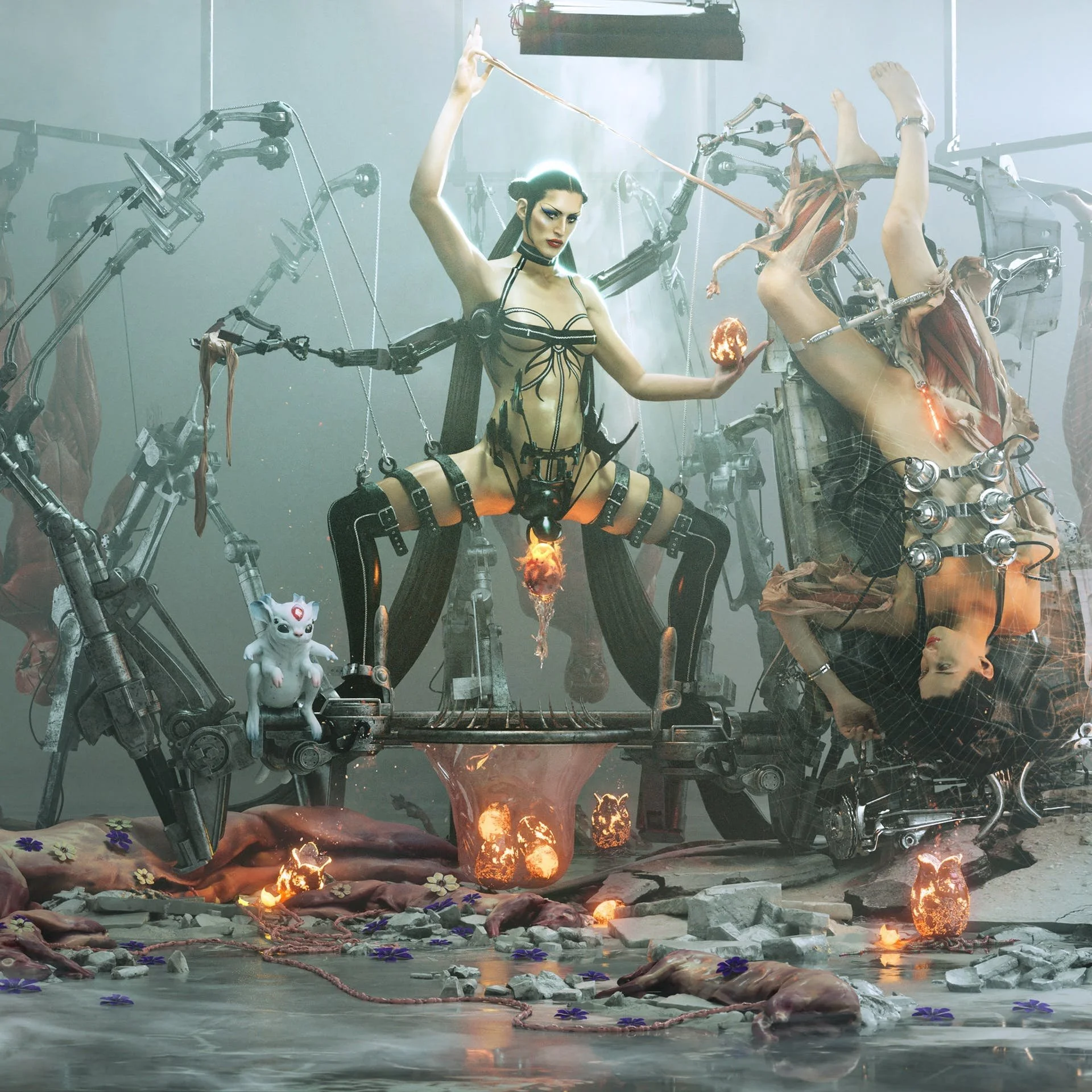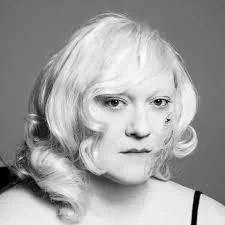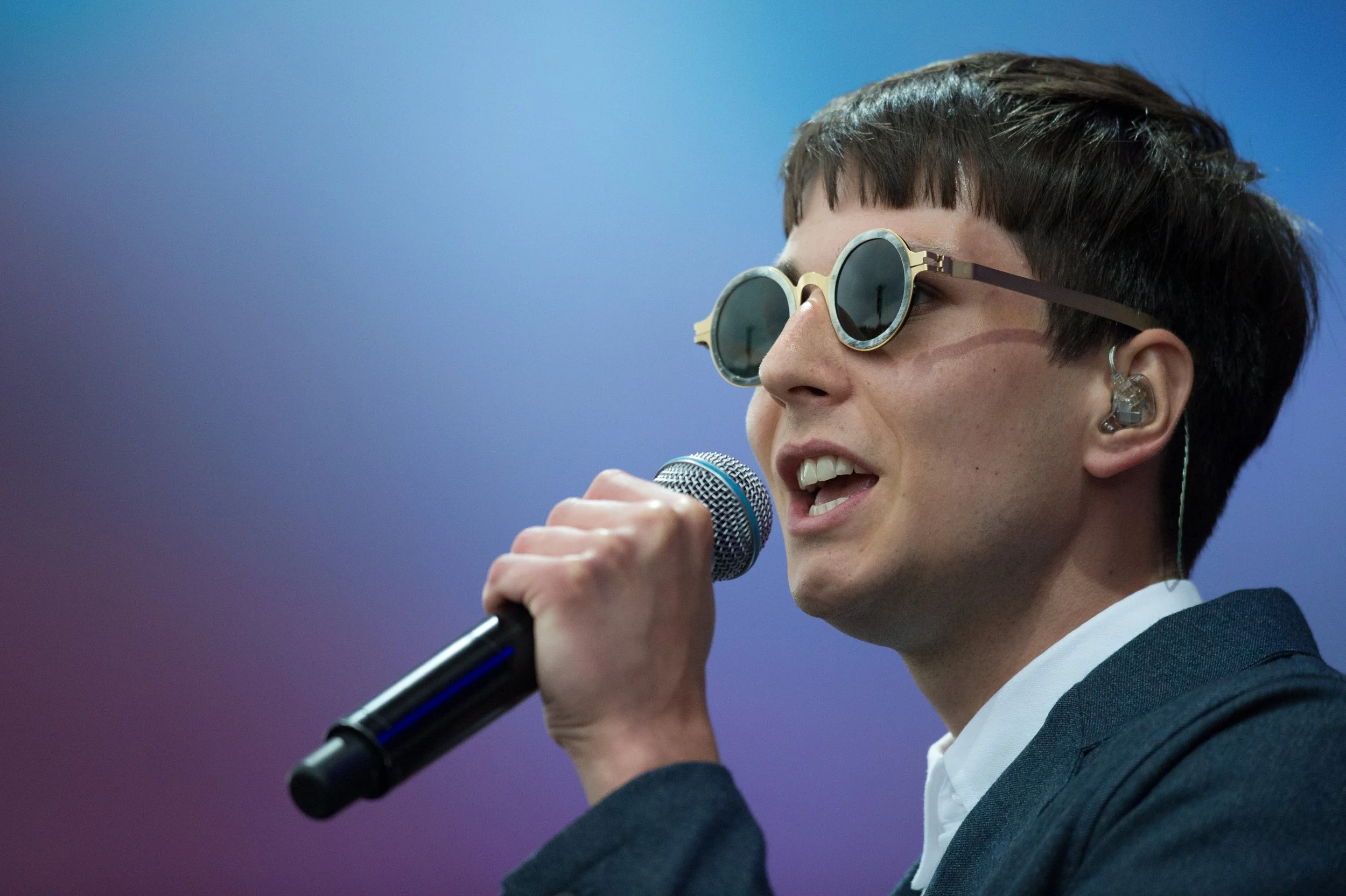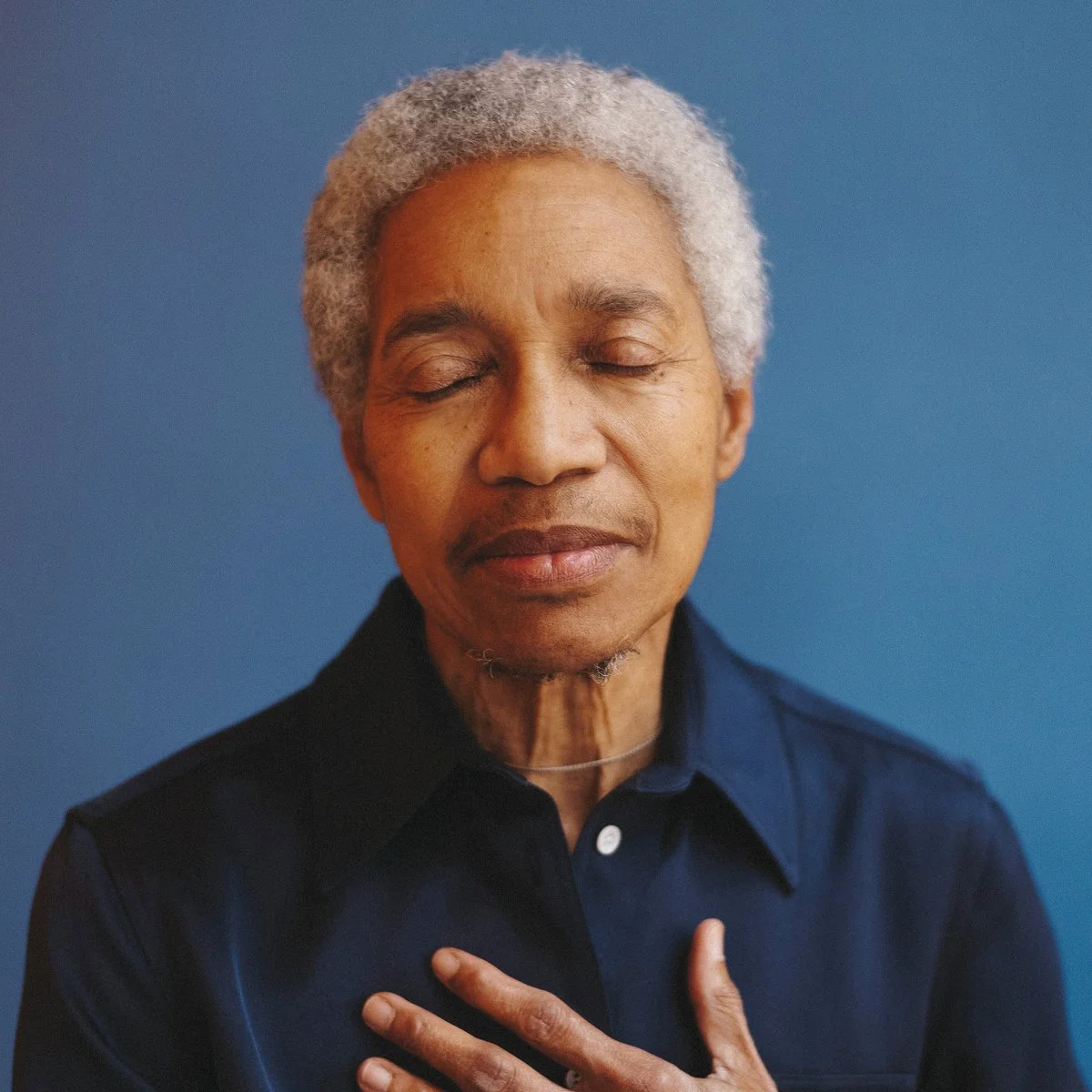By The Landlord
“I was born twice: first, as a baby girl, on a remarkably smogless Detroit day in January of 1960; and then again, as a teenage boy, in an emergency room near Petoskey, Michigan, in August of 1974.” – Jeffrey Eugenides, Middlesex
“The androgynous mind is resonant and porous; that it transmits emotion without impediment; that it is naturally creative, incandescent, and undivided.” – Virginia Woolf, A Room of One’s Own
“To be androgynous, Webster's informs us, is to have both male and female characteristics. This means that there is a man in every woman, and a woman in every man ... But love between a man and a woman, or love between any two human beings, would not be possible did we not have available to us the spiritual resources of both sexes.” – James Baldwin, Here Be Dragons
“What does total androgyny look like, when gender isn't even anything to do with appearance and voice?” ― Alice Oseman, Radio Silence
“The world is changing. … 1,000 years from now there will be no guys and no girls, just wankers. Sounds great to me.” - Alex Renton in Irvine Welsh’s Trainspotting, 1996
"Nina Simone had such an androgynous voice; the first time I listened to her I thought it was a man, and I'm sure a lot of people listening to me think I'm a woman. Her voice is kinda like the poster child for me." – Shamir
Androgyny, gender ambiguity, being non-binary, intersex, third gender – these are among the hot topics of modern times, the battlegrounds of online media, questions of social conditioning and identity politics.
Such arguments are not for this week's topic, nor indeed is this Bar qualified nor would it wish to slip into any such tricky areas. Instead we're using it as springboard for musical joy and creativity. It's a celebration of androgyny, the stunning, stop-in-your-tracks moments created by the uniqueness of the human voice, how vocal delivery can conjure up a magical impression so wonderfully ambiguous, our perceptions become deliciously confused.
It's about that moment when we hear a new voice whose gender is impossible to define, or sounds like the very opposite.
So which singers of the past did this to you on first listen? What of the many newer artists perhaps more consciously expressing their vocal androgyny might do this to you now? To some extent there's enjoyment in cleansing the palette of pre-knowledge, and recapture the magic of first hearings and hopefully gain new hearings, by discovering new artists from the past and present.
We've previously covered many parallel topics such as songs with high voices, or low voices, and outstanding voices, as well as lyrical topics about gender, and homosexuality. But this is a different area. Certainly pitch will play a part in this formula - high-voiced men, or low-voiced women might be a place to start but it's also about delivery and style that surprises expectations.
High-voiced men are nothing new of course, from ancient Sumer culture of androgynous and intersex men and in the cult of Inanna, to the polyphonic the compositions of the 14th- and early 15th-century church, the emergence of castrati singers of Italian church choirs and the late 16th-century of Monteverdi, or in England, Henry Purcell's works and countertenor. However old this music may there’s few voices more striking than the extraordinary purity of Andreas Scholl, or indeed the theatrical presence of David Bowie collaborator Klaus Nomi.
While classical music has always required high tenors, it’s the high falsetto of pop music that can enter the androgynous zone. With fresh ears, how might you perceive the Bee Gees, or Sylvester? What about Jimmy Somerville of The Communards, Boy George, David McAlmont, Joni of Sigur Ros, F.R. David, Brian Molko of Placebo, or the Canadian veteran Beverly Glenn-Copeland? All of them could count.
High-voiced men are common in popular genres, but what of the low-voiced women? Common suggestions may include certain, but not all songs by Tracey Chapman, Alison Moyet, Tanita Tikaram, or even Helen Shapiro, but there are many other surprising voices out there. Zarah Leander, or Juliette Gréco, who later inspired disco’s Amanda Lear, Daniela Roma, Desireless, and many more.
Or perhaps more contemporary artists might catch you ear, in whom ambiguity sometimes as visual, but not all. The extraordinary Arca, originally born in Caracas as Alejandro Ghersi?
But let’s now mix up the genders more. Q Lazzarus, who moved between light tenor and husky mezzo-soprano? Brian Aubert of Silversun Pickups? Michael Milosh of Rhye? The Sapphic Jon Philpot of Bear in Heaven? Jana Hunter of Lower Dens? Shannon Funchess of Light Asylum? Nikolaj Manuel Vonslid of When Saints Go Machine? Nomi Ruiz of Hercules & Love Affair? Or of course Antony Hegarty, or later became Anohni. Or perhaps you’ve like to find out more about Vinnie Who …
Here are a few of these artists, bound to spring a few surprises …
Faces with great voices of mixed gender attributes
I’ll leave you with an example of a veteran singer, whom when I first heard singing on the radio, I couldn’t possibly fathom, with this remarkable, spine-chilling delivery of this famous song, what gender they were.
So then, it’s a bit of an open topic, quite subjective, and doing the perusing and picking this week is the perceptive ParaMhor. Deadline for nominations is 11pm UK time on Monday for playlists published next week. Let’s have surprises …
New to comment? It is quick and easy. You just need to login to Disqus once. All is explained in About/FAQs ...
Fancy a turn behind the pumps at The Song Bar? Care to choose a playlist from songs nominated and write something about it? Then feel free to contact The Song Bar here, or try the usual email address. Also please follow us social media: Song Bar Twitter, Song Bar Facebook. Song Bar YouTube, and Song Bar Instagram. Please subscribe, follow and share.
Song Bar is non-profit and is simply about sharing great music. We don’t do clickbait or advertisements. Please make any donation to help keep the Bar running:

